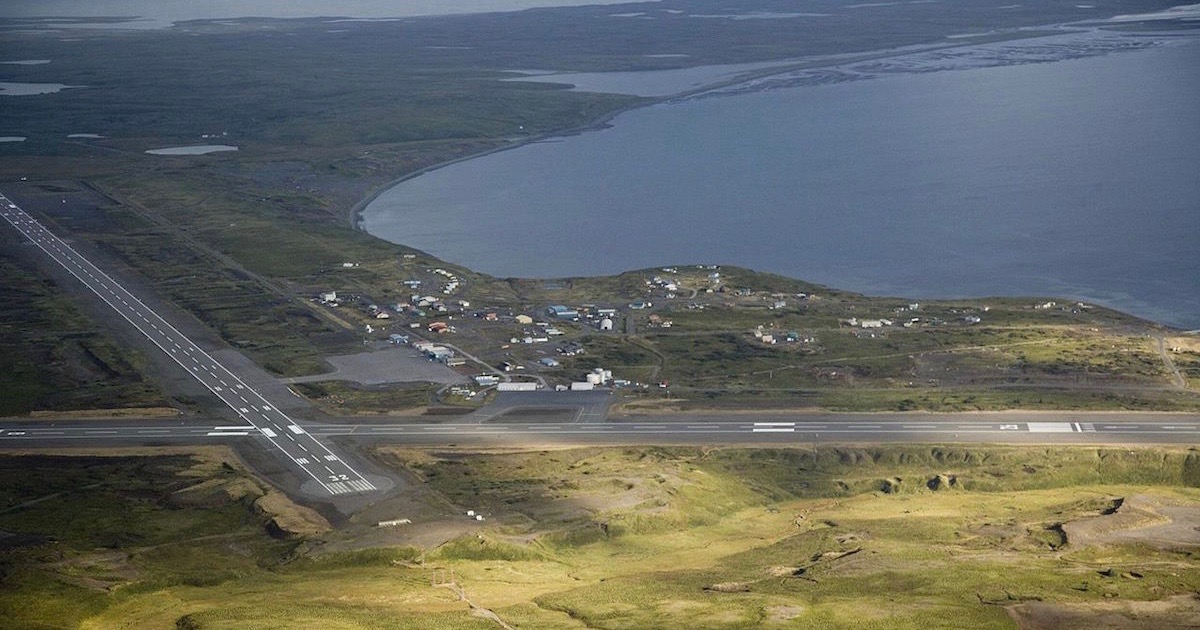 Culture & Ethics
Culture & Ethics
Listening to People Over Animals: A Welcome Reprieve

Anti-humanism permeates the modern environmental movement, details of which I recounted in The War on Humans. That misanthropy can lead to decisions that create risk to human life and well-being.
Example: In 2014, then-Secretary of the Interior Sally Jewell told the people of King Cove, Alaska, that she cared more about animals than she cared about the human residents’ health and welfare, hence she was denying their request for a land swap that would permit their seriously ill to be evacuated to a hospital.
King Cove is a fishing village of about a thousand. It does not have an all-weather airport, but another town nearby, Cold Bay, does. The residents of King Cove begged the government to be allowed to build a one-lane gravel road through a wildlife refuge to the other town so that very ill citizens could be evacuated to the hospital. To sweeten the pot, the town was willing to transfer some of its land to the government to add to the refuge.
Jewell informed a town meeting: Absolutely not! From the 2014 Fox News story:
During an August visit to Alaska, Jewell was told that building a road that connects King Cove and Cold Bay was vital. But in December, Jewell rejected the road saying it would jeopardize waterfowl in the refuge.
“She stood up in the gymnasium and told those kids, ‘I’ve listened to your stories, now I have to listen to the animals,” Democratic state Rep. Bob Herron told a local television station. “You could have heard a pin drop in that gymnasium.”…
The land required for the road is less than 1 percent of the total refuge. [Emphasis added.]
The current Secretary of the Interior, Ryan Zinke, has a different perspective. He evidently cares about the welfare of people more than about a minor disruption that could be caused to migrating birds. So he has changed the previous heartless order to permit the swap and allow the people of King Cove egress for medical emergencies and other minor uses.
Of course environmentalists are going to challenge the agreement — even if it means people in King Cove might die (12 did during medical evacuations between 1980 and 1994). From the Washington Post story:
Randi Spivak, who directs the public lands program for the Center for Biological Diversity, said in an email that the advocacy group was prepared to challenge the agreement in federal court if it is finalized. The proposed project, she argued, would probably run afoul of the Wilderness Act, the National Wildlife Refuge System Improvement Act and the Alaska National Interest Lands Conservation Act.
“Bulldozing a road through the heart of the refuge violates federal laws designed to protect Alaska’s pristine wild places,” Spivak said. “Zinke’s backroom deal is an end run around Congress and will destroy world-class wetlands critical to millions of migrating birds, bears and other wildlife. Once it’s destroyed, we’ll never get it back.”
Right. A one-lane gravel road that will receive minor use will “destroy” wetlands.
What a difference comes with a change in perspective. One view was, and still is, willing to risk sacrificing the lives of people for “the animals.” The other has the proper priorities.
Photo: Cold Bay Airport, Alaska, by U.S. Fish and Wildlife Service [Public domain], via Wikimedia Commons.
Cross-posted at The Corner.
